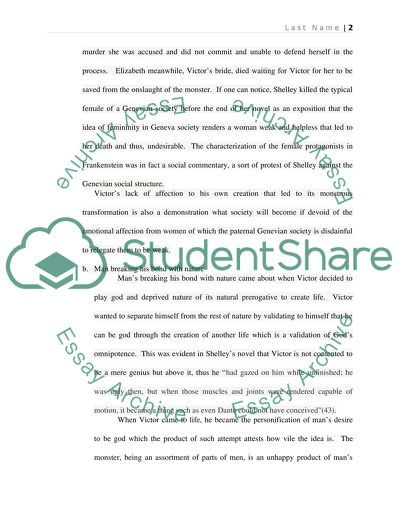Cite this document
(“Frankenstein Project Paper Essay Example | Topics and Well Written Essays - 2250 words”, n.d.)
Retrieved from https://studentshare.org/literature/1445915-frankenstein-project
Retrieved from https://studentshare.org/literature/1445915-frankenstein-project
(Frankenstein Project Paper Essay Example | Topics and Well Written Essays - 2250 Words)
https://studentshare.org/literature/1445915-frankenstein-project.
https://studentshare.org/literature/1445915-frankenstein-project.
“Frankenstein Project Paper Essay Example | Topics and Well Written Essays - 2250 Words”, n.d. https://studentshare.org/literature/1445915-frankenstein-project.


